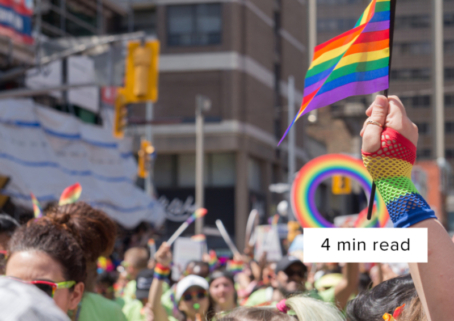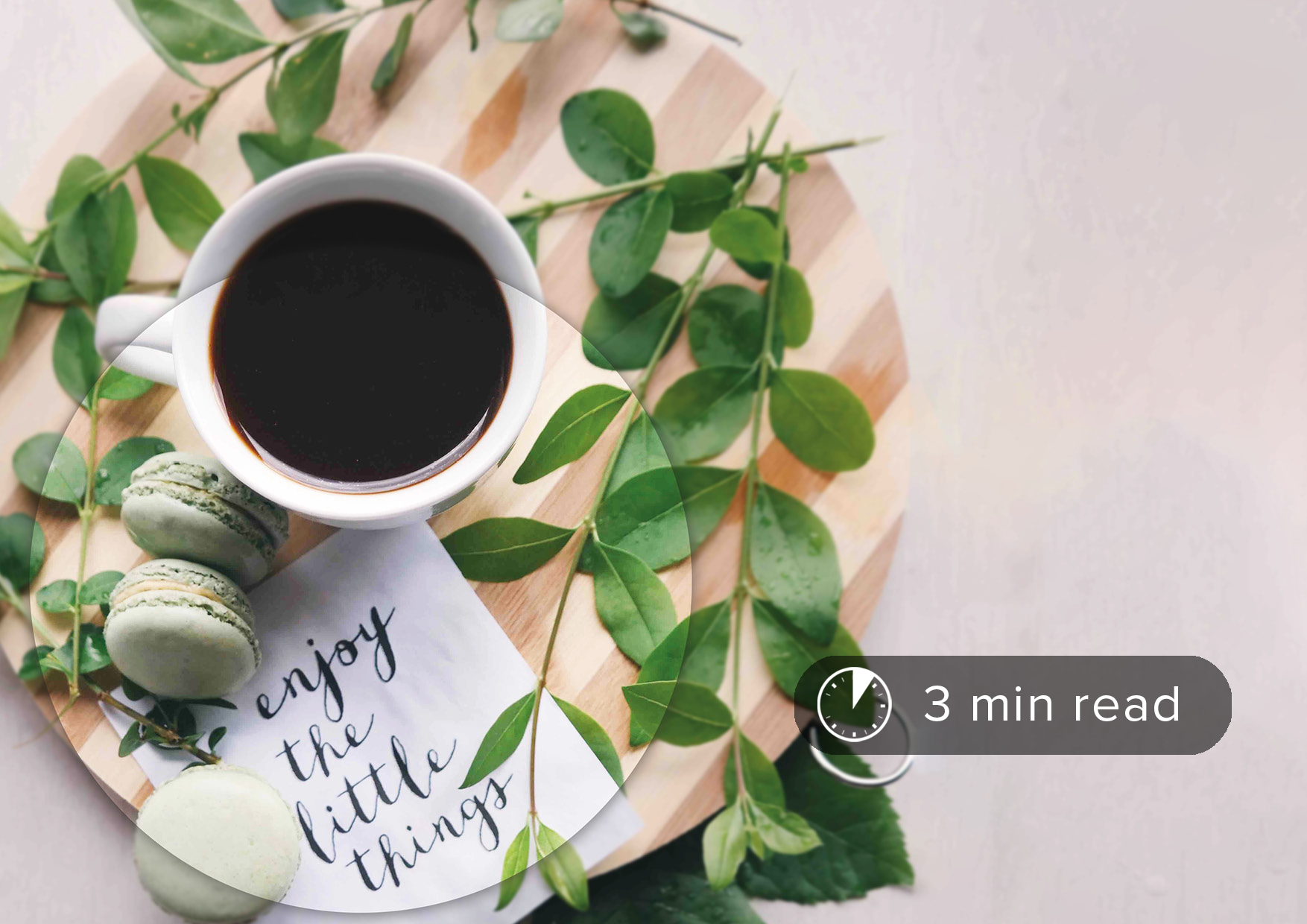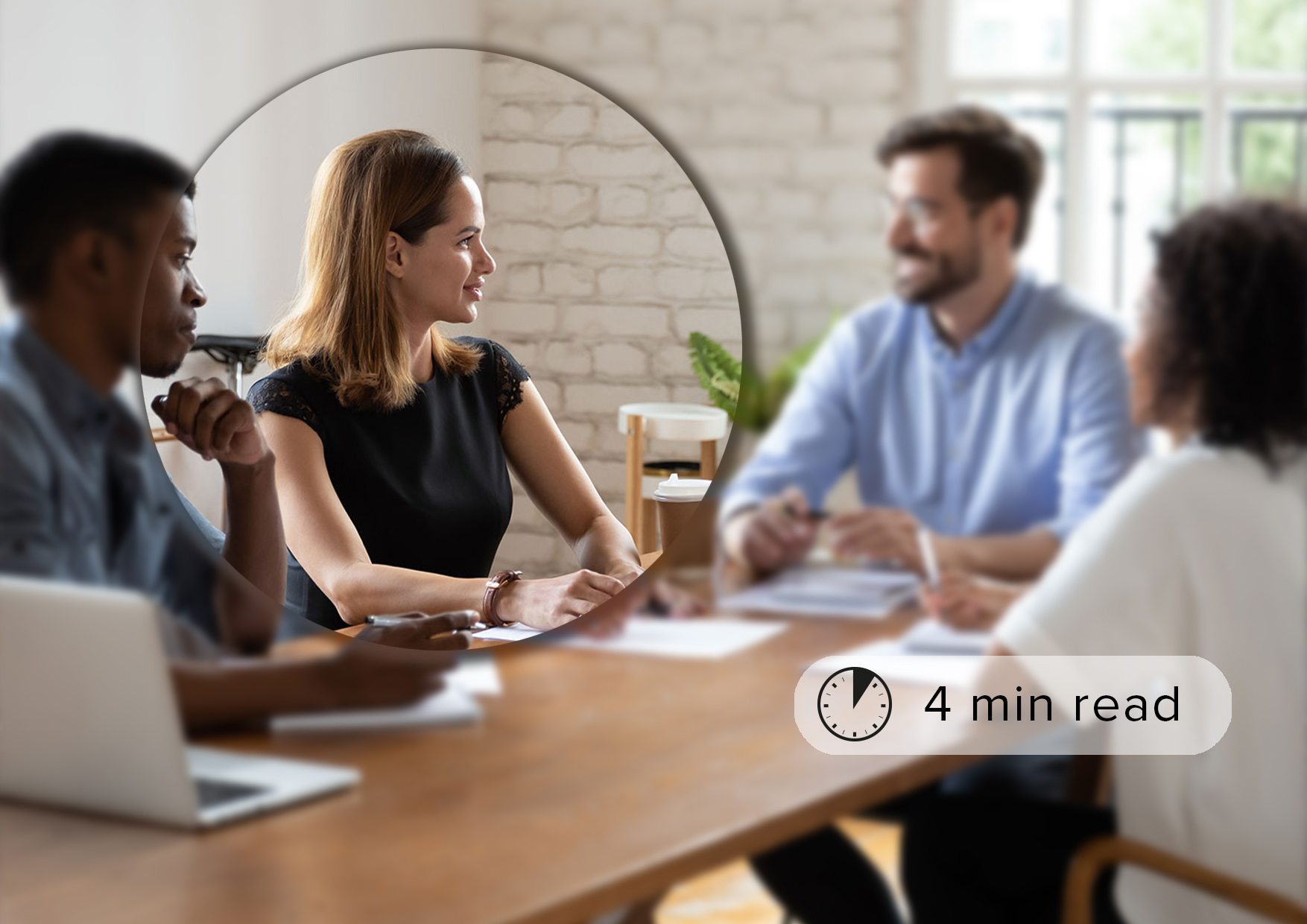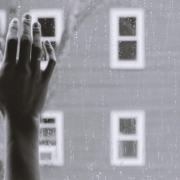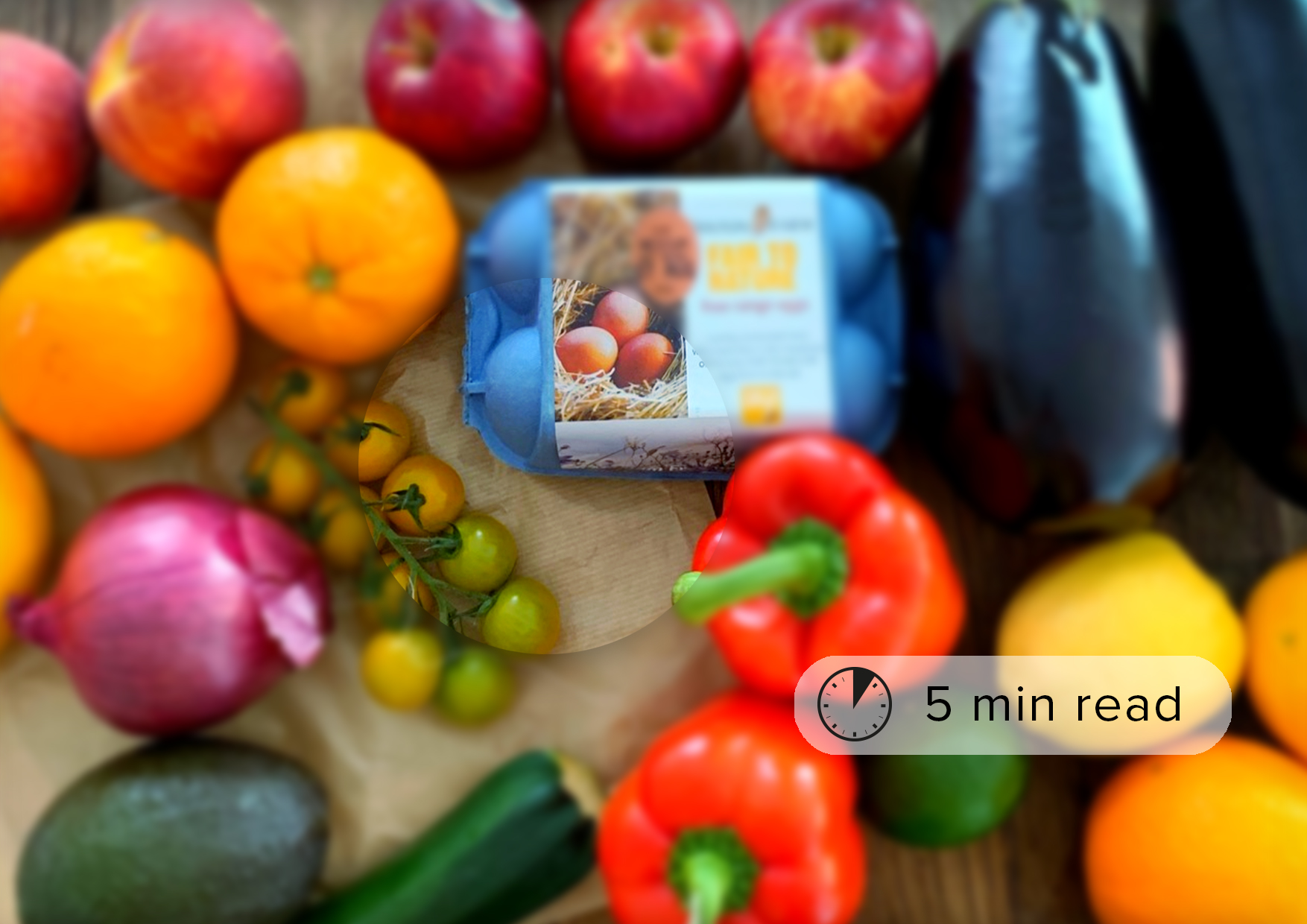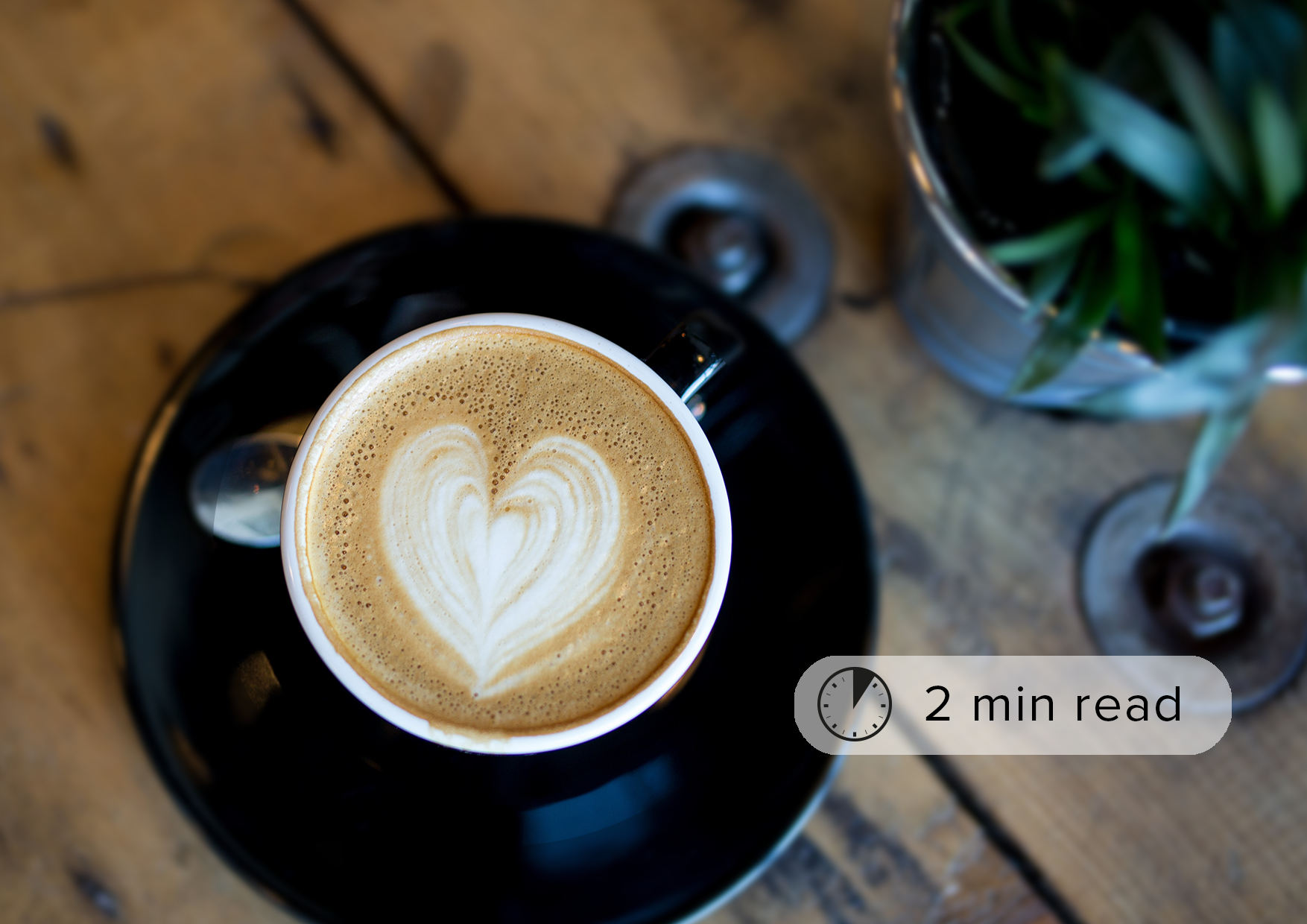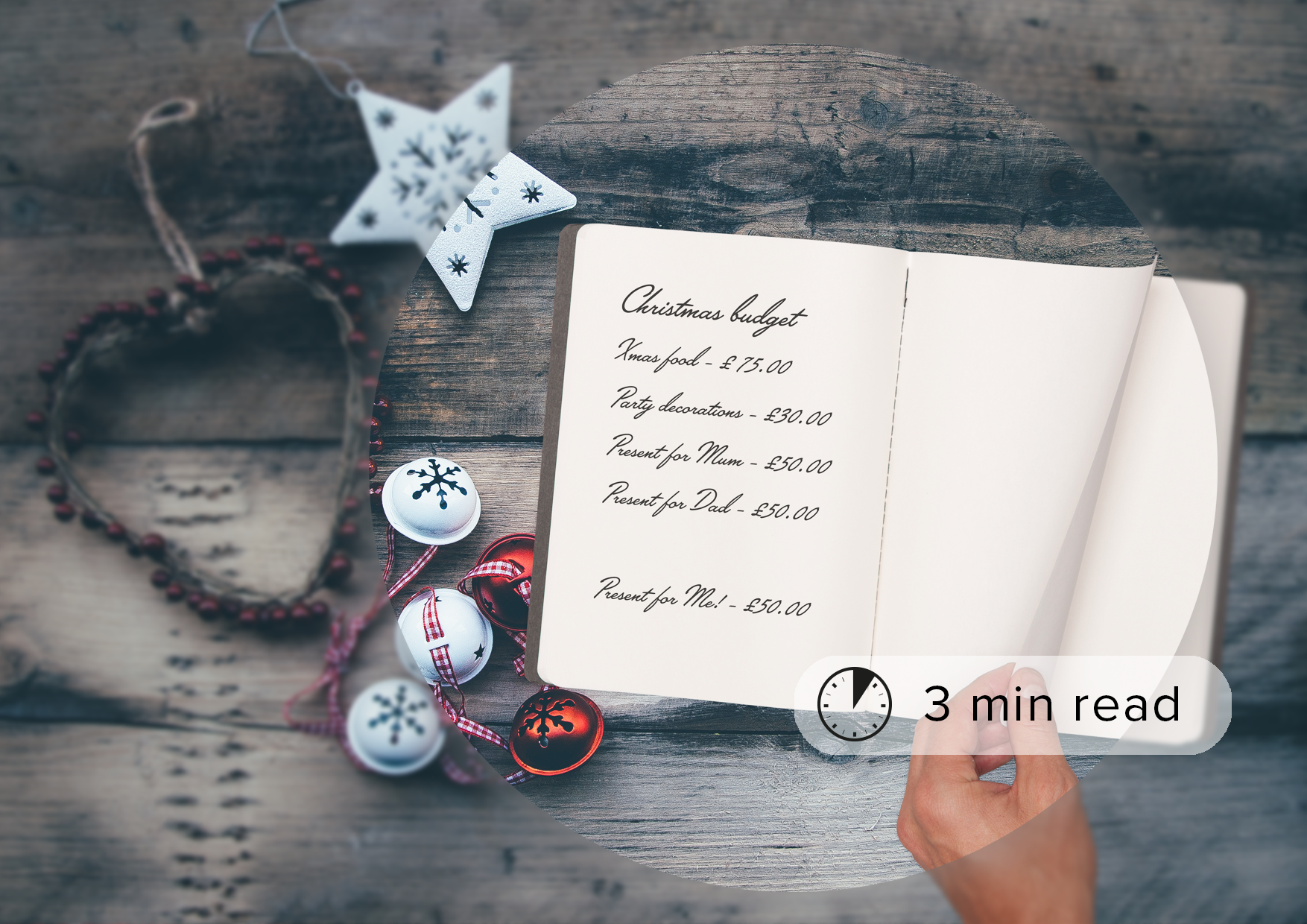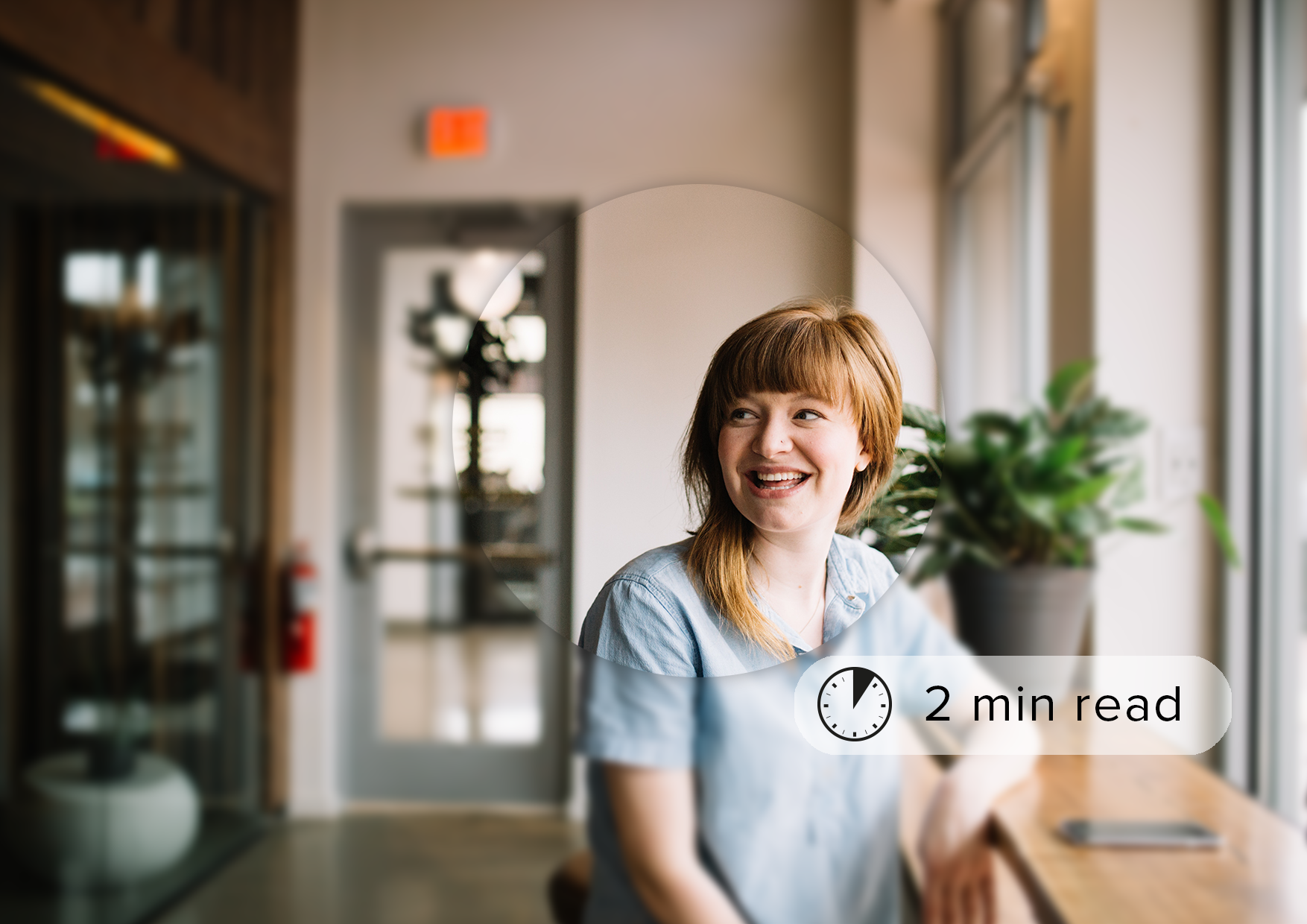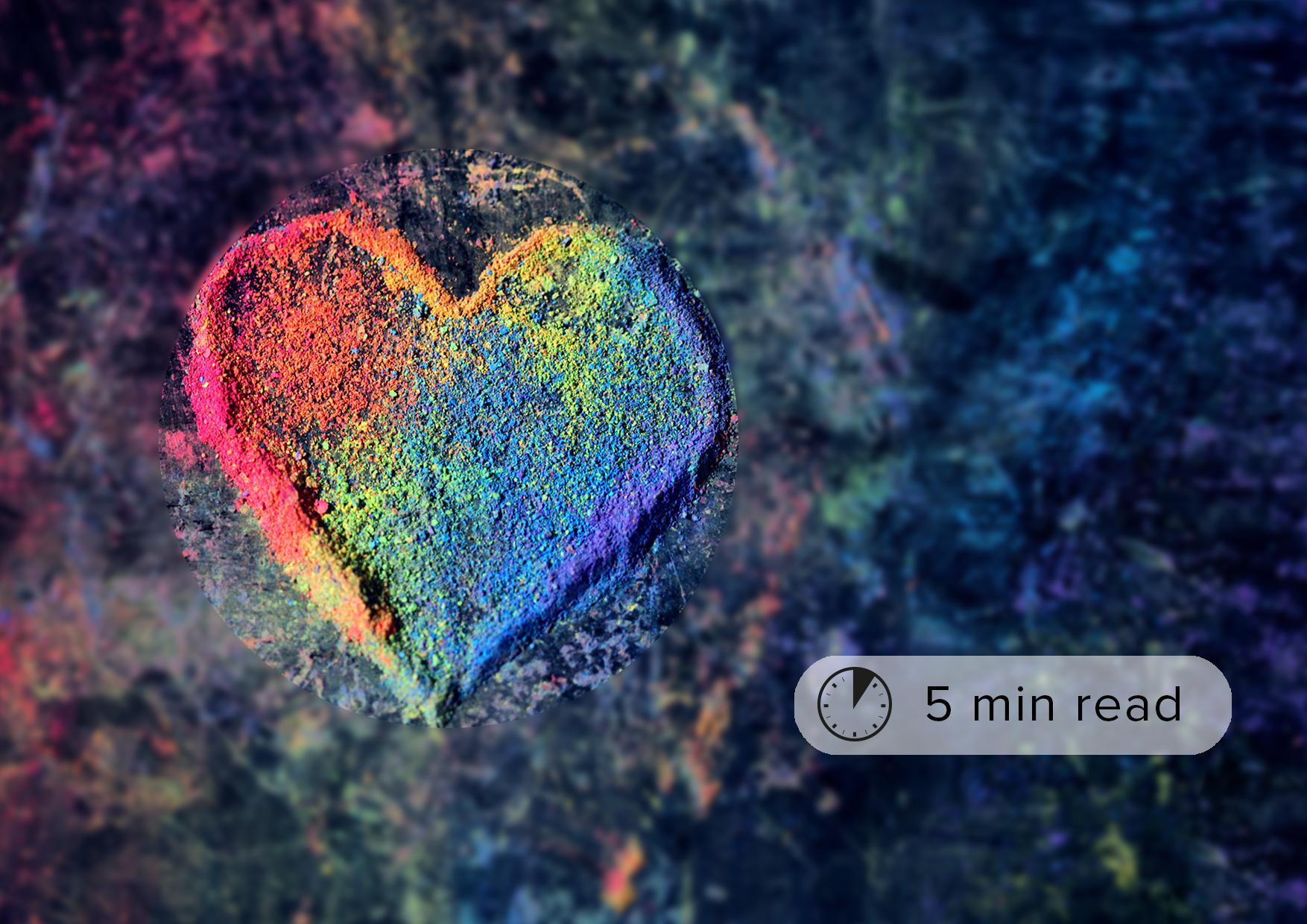Why pride isn’t just for Pride month
I remember camping with my family when I was about eleven or twelve, waking up one morning in our tent, and admitting to myself that I was gay. Blood rushed to my head, and in a mortified panic, I promised myself that I would never tell anyone this secret for the rest of my life.
At twenty-two, pride feels like a second birthday, and my queerness feels like a gift. I have nurtured, fought for and protected this gift more than anything else I have ever received in my life.
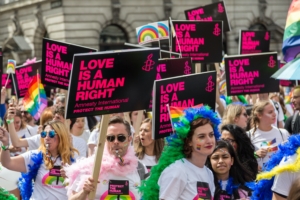
I’ve heard people say that you shouldn’t let one part of your identity consume your whole existence. However, it’s hard to ignore the one facet of your life that other people solely define you by, whether you like it or not.
I’ve been told I was too gay in school and that I talked too much about being gay at university. In embracing my queerness, I still find I’m having to justify, dilute or amplify this part of my identity to please others. It’s hard to digest that the same people telling you that you’re too gay or not gay enough are the ones at pride parades drinking Malibu and coke, taking pictures with their friends and having a good time.
The reality is, being queer has become my whole life – and not just for one month or one parade a year.
Queer people stand in the face of adversity daily. Being queer transcends clothing. It’s in the way we talk, hold ourselves and communicate. So let’s get one thing straight (excuse the pun) – regardless of our clothing, haircuts and outward expression, queer people are still being marginalised and discriminated against.
Many of the queer people I know, including myself, moved to London in hopes of finding themselves at the epicentre of creativity, acceptance and opportunity. Whilst London doesn’t fall short of its promises, homophobia, transphobia and racism run rampant in North, East, South and West.
Many turn a blind eye to day to day stories of hate crime, because we’ve fought for and been awarded our rights, right?
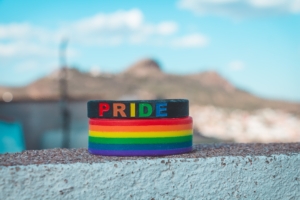
Time and time again this mentality is disrupted by major horror stories making the news, bringing back into sharp focus the reality that many queer folk face. In October, the BBC reported a 20% increase in homophobic hate crimes during the year and even more alarmingly that reports had tripled in five years. And, while it’s true homophobic attacks have been woefully underreported in the past, it doesn’t account for the magnitude in increases.
Tragically, it doesn’t always make the news either. We’re still marching for our BAME trans brothers and sisters in central London because they’re losing their lives and it remains unreported by any major news outlets.
On the surface, your queer/BAME friends may seem fine, but each has probably experienced some form of discrimination within the last month.
On the surface, your queer/BAME friends, the drag queens you see performing at Heaven and the trendy gay guy that made you your oat latte in Gail’s may seem fine, but each has probably experienced some form of discrimination, homophobia or racism within the last month.
When I got back to work after the world went into lockdown, I was called a faggot by four young teenagers at my part-time retail job. Not only is this personally humiliating, but it’s also worrying.
The boys were maybe sixteen or seventeen and I’m twenty-two. I naively hoped (and hope) the younger generations would be more socially aware than my own generation, and that their queer peers would be more comfortable than I was growing up. It goes to show that visibility and education are still essential for queer people to be accepted in society, not only in London but across the world.
But should we, the queer community, be the ones doing the educating?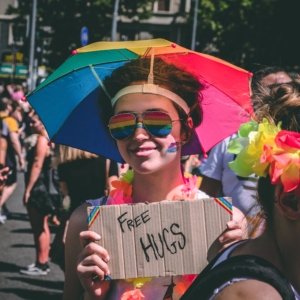
No.
Why should it still be our responsibility in 2021?
That’s what we’d like to say of course, and that’s what we should encourage. The reality is, we’re still our biggest supporters and to see the change we must be the ones to actively make it. And to our allies, we can spot the Malibu and Coke drinking parade-goers from the genuine activists and change-makers. We see and appreciate you.
Pride is a great opportunity to be visible, online and in person. Although every day is an opportunity to be visible, we’re not always comfortable doing so and that’s fine. Everyone has their own individual way of contributing to the community, big or small, and each is valid. Ultimately, we all have a responsibility to make our voices louder and to defend EVERYONE in our community. Report instances of homophobia, share stories with your work colleagues and friends, let people know it’s not all rainbows and RuPaul’s drag race.
Pride isn’t just for pride month, pride is every day for us.

